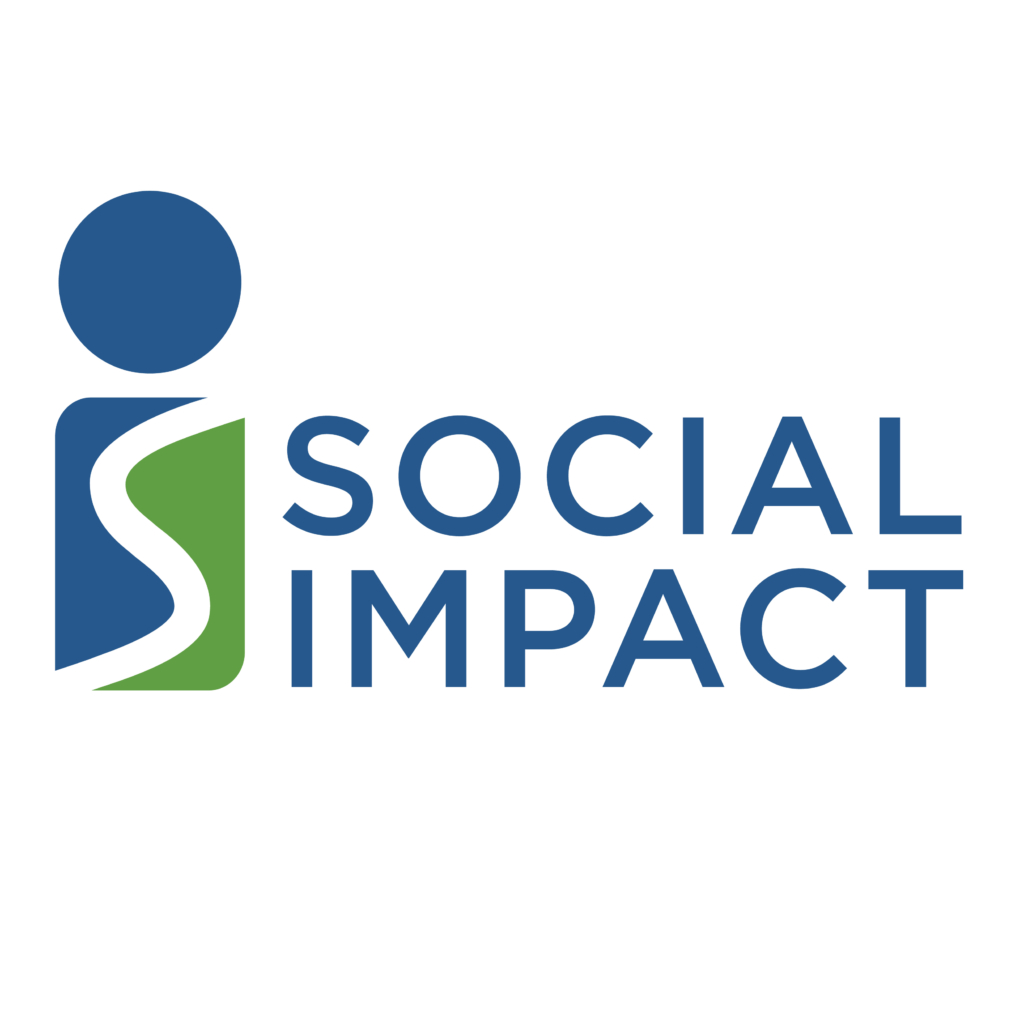On Monday, May 16th, Social Impact hosted the first Evidence for Impact webinar titled Using Evidence and Learning to Shine a Light on Modern Slavery – Participatory Evaluation Techniques to create a space to unpack and exchange ideas on how participatory methods for evidence-gathering can contribute to faster and more effective use of learning in counter-trafficking in persons (CTIP) activities. Members of the Social Impact evaluation team for the US-Philippines Child Protection Compact (CPC), along with representatives from EnCompass LLC and International Justice Mission, reflected upon how participatory approaches can be integrated into all phases of the evaluation design to develop more nuanced and relevant findings.
Webinar panelists shared examples of how participatory approaches produced useful recommendations that program managers could implement quickly. The evaluation findings and recommendations were featured in the May 2022 National Strategic Action Planning for the International Council Against Trafficking (IACAT). Because IACAT was involved in the co-creation of the recommendations, the evaluation recommendations are expected to appear in the 5-year National Action Plan. Additionally, the evaluation’s examination of the CPC capacity building model provided strong evidence to inform future program design to support the government’s response against trafficking.
During the webinar, Social Impact gathered feedback from webinar participants to create a “wish list” for participatory evaluation. Much of the feedback mirrored the key learning shared by webinar panelists. In responding to the statement Before starting a participatory evaluation, I wish _____ would know, webinar participants shared the following:
Before starting a participatory evaluation, I wish IMPLEMENTING PARTNERS would know…
- It is worth the extra investment of time
- The evaluation is a learning opportunity (vs. purely a judgement or assessment)
- Participatory methods can help formulate relevant, grounded, and realistic recommendations
- Participatory methods can promote sustainability of program activities
Before starting a participatory evaluation, I wish DONORS would know…
- Participatory methods can take more time, but can lead to greater gains from and use of the evaluation
- Participatory methods are incredibly helpful in creating effective evaluations
- Participatory methods can add technical rigor to evaluations
- Donor priorities may not match participant priorities for the evaluation
- Flexibility is a critical enabler to the participatory approach
Before starting a participatory evaluation, I wish EVALUATORS would know…
- Formative research with survivors and evaluation users prior to design can increase relevance and feasibility
- Framing the expectations and value add of the evaluation is a vital first step
- Consider stakeholders carefully to ensure high utility for each group involved
- Be wary of possible power dynamics between participants and evaluators
To view the full recording of the webinar, please use this link.








